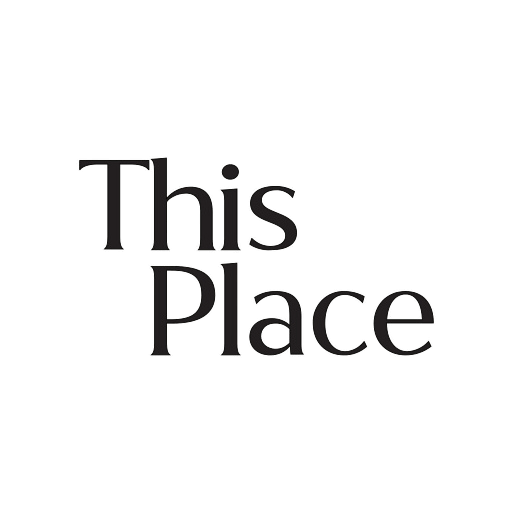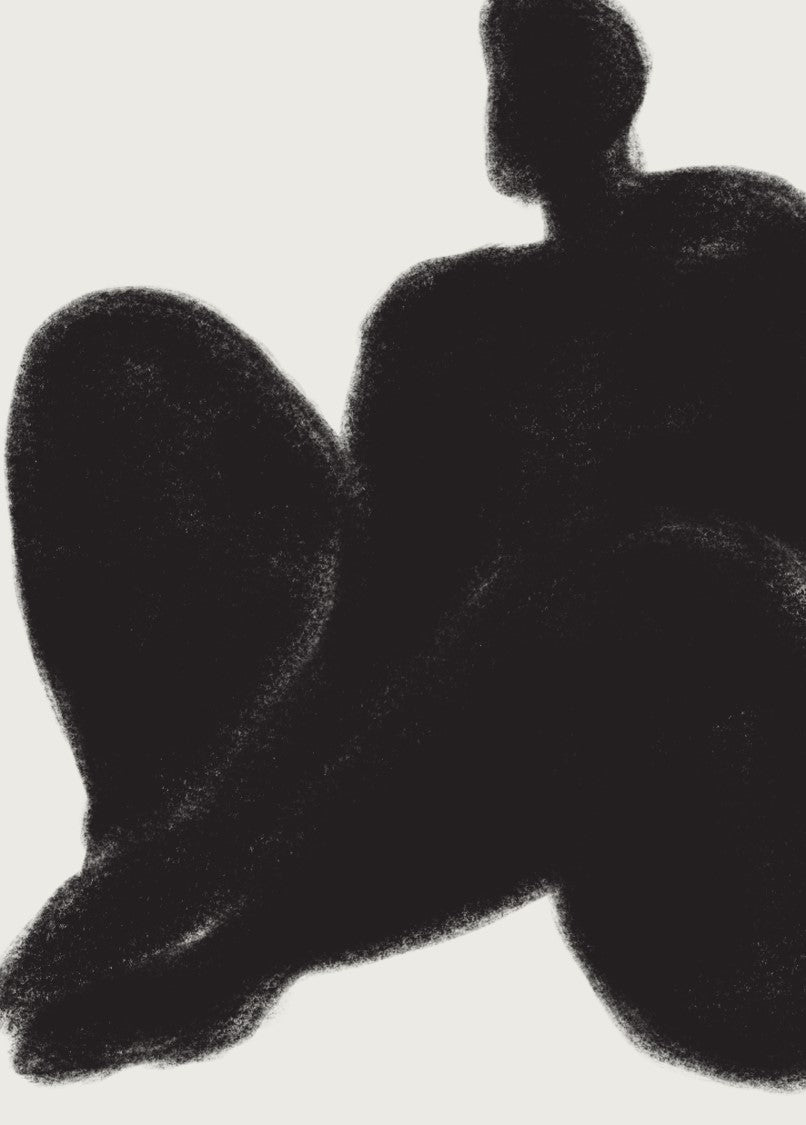Looking up at the night sky, we can only guess what fascination the moonlight must have caused our ancestors. The full moon, in particular, was shrouded in myth: It was said to facilitate births and determine the right time for the harvest, as well as make people restless and aggressive. Some even claimed it had the power to turn people into werewolves.
There’s no doubt that our relationship with the moon has changed drastically since then. It only seems to continue to divide opinions when it comes to whether or not the moon affects our sleep. While some suggest a direct link between the full moon and insomnia, others consider it to be mere superstition.
The topic also seems to be the source of many sleepless nights among some scientists, as there are a number of published studies that seek to shed light upon this question.
Is it harder to sleep during a full moon?
In 2013, researchers at the University of Basel caused a stir when they went back to examine the results of an already-published sleep study in search of a possible connection between sleep and a full moon. They found that during nights when there was a full moon, participants slept 20 minutes less, took 5 minutes longer to fall asleep and spent less time in deep sleep [1].
It was considered a double blind study because neither the researchers nor the study participants knew at the time that the results would be analysed according to the phases of the moon. In addition, the study had been carried out under highly controlled laboratory conditions, without even so much as a window, which meant that participants could not even see the moon. (That said, it cannot be verified if they had been previously aware about a full moon the night their sleep measurements were taken.) One year after this particular study’s publication, another study also found an association between the full moon and shorter periods of deep sleep [2].
However, the Swiss study faced much criticism because of its small sample size, among other factors. Further research is still needed to substantiate its findings.
Conversely, when Germany’s Max Planck Institute for Psychiatry went back and analysed large data sets from previous sleep studies, they found no connection between human sleep and the phases of the moon [3].
Could there be a physical explanation?
It is rather unlikely that the mere brightness of the moon has any influence on our bodies. Light intensity is typically measured in lux, which corresponds to the amount of light (lumens) that fall on a given square meter. Whereas a street lamp gives off 15 lux and our mobile screen gives off 40 lux (depending on its size), the moon’s brightness is only 0.1 - 0.3 lux [4]. Any reference to how moonlight shines ‘especially’ bright is also doubtful because the moon itself doesn’t actually glow — it only reflects the sun’s rays.
Another theory for the moon’s possible effect on humans lies in its gravitational pull, which changes based on its position relative to Earth. If this effect is powerful enough to affect the sea tides, why shouldn't it affect us too? After all, our bodies are mostly made up of water.
Here, however, the change is so small that it only becomes noticeable in larger bodies of water. That’s why we can only perceive the tides on the banks of a sea or ocean — not in a pond or a swimming pool. Hence, the probability that the moon influences our bodies (and thus our sleep behavior) is likely rather low.
One possible explanation
Since exceptional events tend to stick out more in our memories than everyday occurrences, our selective perception could be tricking us. When we lie sleepless in bed during a full moon, we’re likely more prone to remembering it, instead of simply a ‘normal’ night when we slept poorly.
And then the self-fulfilling prophecy could play a role here too. Once we’ve had a tough time sleeping during a full moon (or read an article about the phenomenon...!) the next time there’s a full moon, we might indeed sleep worse.
Bottom line: Is the full moon to blame for our sleeping problems?
To this day, science doesn’t seem to agree on the answer to this question. A connection between the full moon and insomnia, at this point in time, has not been clearly proven nor definitively refuted.
What is certain is that sleep is, first and foremost, an extremely subjective and personal experience. And regardless of what’s keeping us up at night, when we don’t get enough sleep, stress likely ensues.
What can we do to sleep better?
Whether it’s the full moon, stress or something else: If we have trouble sleeping every now and then, nightly rituals can help prepare our bodies and minds for a more relaxed state. A warm bath or shower, the touch of soft linens and the taste of warm cocoa are all things that can contribute to creating an inviting environment for self-care and well-being. Activating our sense of smell can trigger an especially cozy atmosphere. Gently apply The Good Night sleep cream to your forearms, take in the wonderful Palo Santo aroma and allow yourself to let go a little more with each exhalation.
References:
[1] Evidence that the lunar cycle influences human sleep: https://pubmed.ncbi.nlm.nih.gov/23891110/
[2] Association between lunar phase and sleep characteristics: https://pubmed.ncbi.nlm.nih.gov/25266502/
[3] Does the moon influence our sleep? https://www.mpg.de/8271794/schlaf_vollmond
[4] Timing of light exposure affects mood and brain circuits: https://www.ncbi.nlm.nih.gov/pmc/articles/PMC5299389

